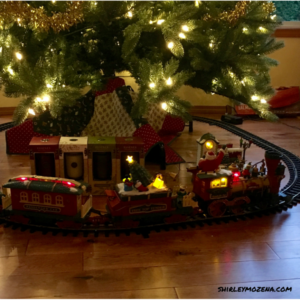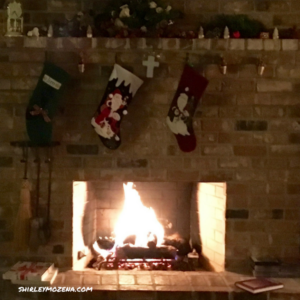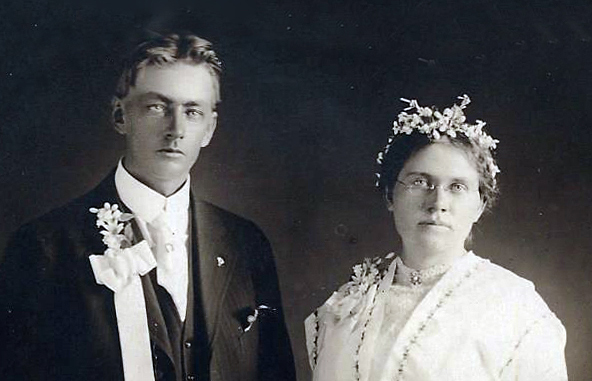I enjoy reading the “rest of the story”–a phrase used by a radio commentator–about a famous writer of different works and why they were written. One of my favorite poets, Henry W. Longfellow, wrote a Christmas carol and there’s a story behind it.
Longfellow was mourning the tragic death of his wife, and was in Washington DC, visiting his son who had been injured in the Civil War. The year was 1864. I was reminded of our own country right now and how divided it is in this stanza from “I Heard the Bells on Christmas Day”:
And in despair I bowed my head;
“There is no peace on earth,” I said;
“For hate is strong,
And mocks the song
Of peace on earth, good-will to men!”
Like the writer of these words, written 156 years ago, I was encouraged by this stanza:
Then pealed the bells more loud and deep:
“God is not dead; nor doth he sleep!
The Wrong shall fail,
The Right prevail,
With peace on earth, good-will to men!” (Henry W. Longfellow, 1807-1882)
Some of you are in deep sorrow right now. You don’t know if your loved one will survive an illness or depression this Christmas season. Perhaps you are the one depressed. There is much sadness and disappointment in our world. Many words written, have been penned after or during great sorrow. The words above were such.
This Christmas season, I challenge you to read carefully some of the less-heard Christmas carols. I believe you may be encouraged by their words. Without this special season, we would not know the hope the Christ-child-Savior brings to us.
Let me know what you found in any of them. I’d love to hear from you!
- Church of the Nativity, Bethlehem
- Train beneath the tree.
- Jesus is the Light…
- Empty Stockings.










One of my favorites too. But I also love “In the Bleak Midwinter” (which for some reason my husband hates (;-).
Not heard of it. I ‘ll look it up. Wondering if we can sing carols on zoom tonight. Love you!